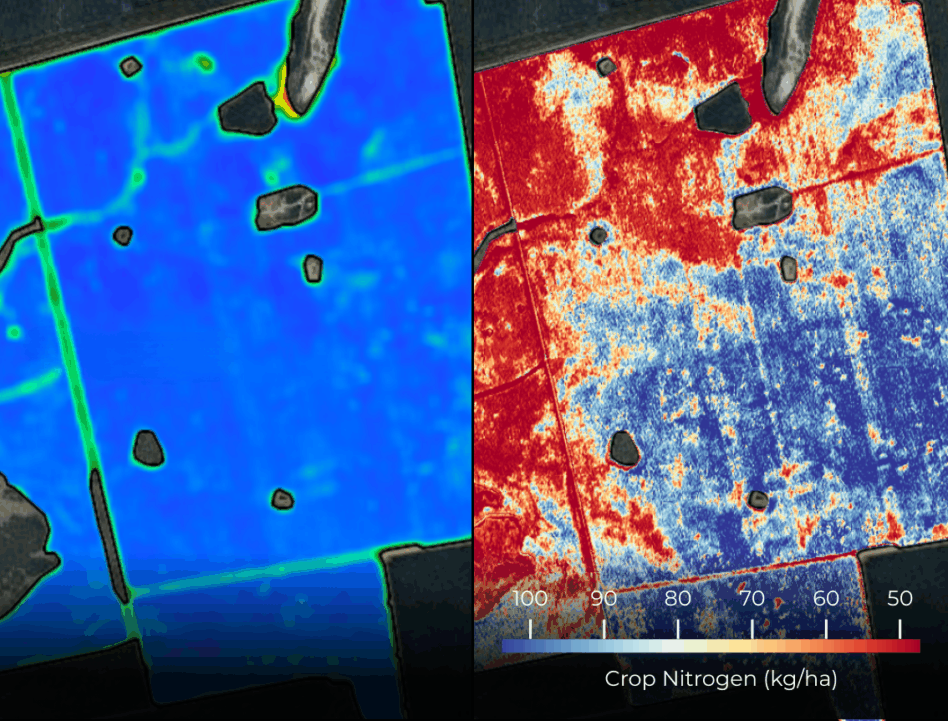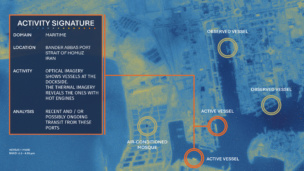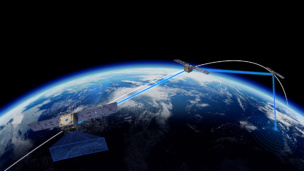UK startup Messium raised a £3.3M (€3.8M) seed round this week to expand its agriculture-focused data product, which uses machine learning and hyperspectral satellite data to help farmers optimize their fertilization decisions.
The UK Innovation & Science Seed Fund (UKI2S) and Expansion Aerospace Ventures led the round, which included participation from Mudcake, Laconia, GRDC GrainInnovate, Clear Current Capital, Moonstone Venture Capital, and SuperSeed.
How it works: Messium uses hyperspectral data from publicly available sources and commercial hyperspectral satellite operators—including Pixxel and Wyvern—to understand the nitrogen levels in its customers’ farm plots.
Hyperspectral imagers in orbit can, essentially, see the amount of nitrogen in the soil. Messium’s machine learning tool can take that information to recommend the amount of fertilizer a farmer should use to maximize their crop yield, while keeping costs down.
Messium has a team of researchers on the ground who collect soil samples to better inform the hyperspectral data they’re getting. These samples help engineers build models to help farmers optimize their fertilizer usage.
In 2024 alone, Messium conducted 13,000 lab tests on crop samples and found that more than half of all farming plots are incorrectly fertilized. By enabling farmers to optimize their fertilizer usage, Messium aims to help keep costs low, and environmental impact at a minimum.
Harvesting downstream: Messium’s fundraise reveals how the maturation of the hyperspectral industry has opened the door for money-making use cases for startups focusing solely on the new data type.
“Downstream satellite data analytics is always difficult. And for agriculture, there have been few companies that tried it, and never made exactly a breakthrough,” Filip Kocian, an investor at Expansion, told Payload. “[Now] you can go to a farmer and ask, ‘Before Messium and after Messium, does Messium deliver ROI?’ The answer is yes.”
While the technology is still being trialed around the world, Messium’s cofounder and CEO George Marangos-Gilks told Payload that it could deliver a 10% to 20% improvement on a farmer’s net profit.
What’s next: Messium’s plan for the new funds is to continue improving its data model with seasonal trials around the world. While the company doesn’t plan to launch its own hyperspectral constellation, it sees growth opportunities in the types of analysis it can do by pairing hyperspectral data with ground-based research.
“This is the first true digitization of farming, I would say, and we want to continue with that vision,” Marangos-Gilks said. “[With hyperspectral] you can have this horizontal expansion into new crops, but you can also go vertically into crop disease and yield forecasting. There’s a lot of exciting areas there.”





